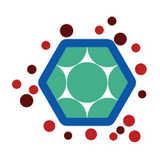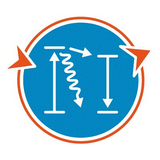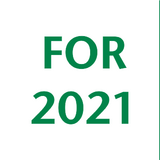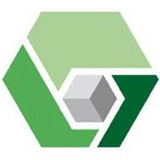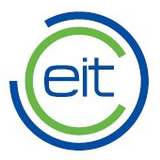Research Partnerships
TU Clausthal’s strategic research partnerships work on an interdisciplinary basis with external partners from academia and business. The research objectives tend to be long-term, and the scope of the research is usually broader than for individual or collaborative projects with more tightly focused time frames and goals. These include our membership of research networks and collaborative associations as well as our involvement in collaborative research centers and research units supported by the German research foundation DFG.
DFG collaborative research centers
Collaborative research centers (CRCs) and Transregios (TRRs) sponsored by the German research foundation DFG are long-term research institutions established at universities, in which scientists work together as part of interdisciplinary research programs. The DFG currently funds CRCs for a maximum of twelve years (three terms of four years). TU Clausthal institutes are or were involved in the following active or recently concluded CRCs:
DFG research units
The German research foundation DFG defines a research unit as a team of outstanding researchers working together on a research project. The scope, duration, and budgets of these projects extend far beyond the funding options available under the DFG’s Individual Grants Program or Priority Program. The DFG currently funds research units for a maximum of eight years (two terms of four years). TU Clausthal institutes are or were involved in the following active or recently disbanded research units:
Research networks and collaborative associations
Strategic membership of selected research networks and the development of topic-based academic research associations are useful ways of working on long-term research objectives with expert partners.
![[Translate to English:] [Translate to English:]](/fileadmin/_processed_/c/5/csm_Forschen__4__885c4678da.jpg)
